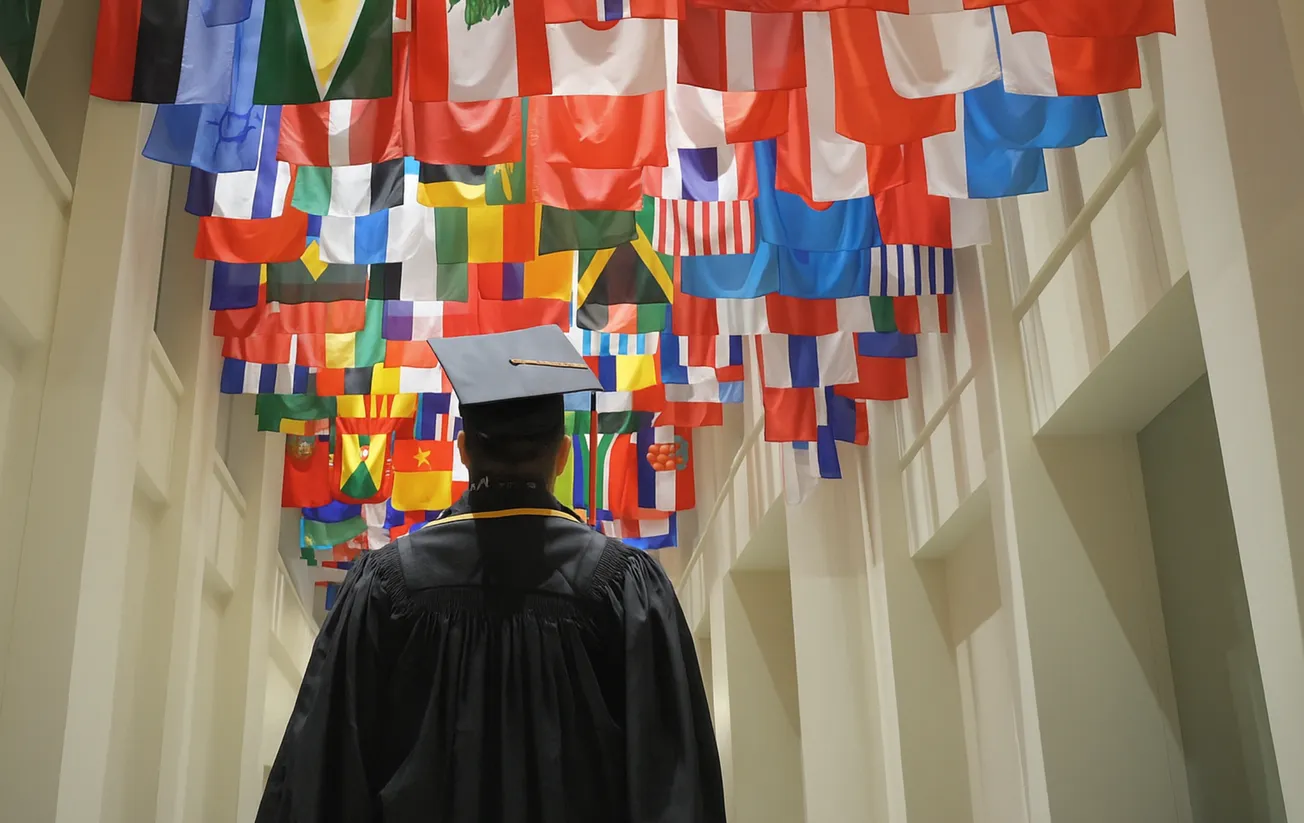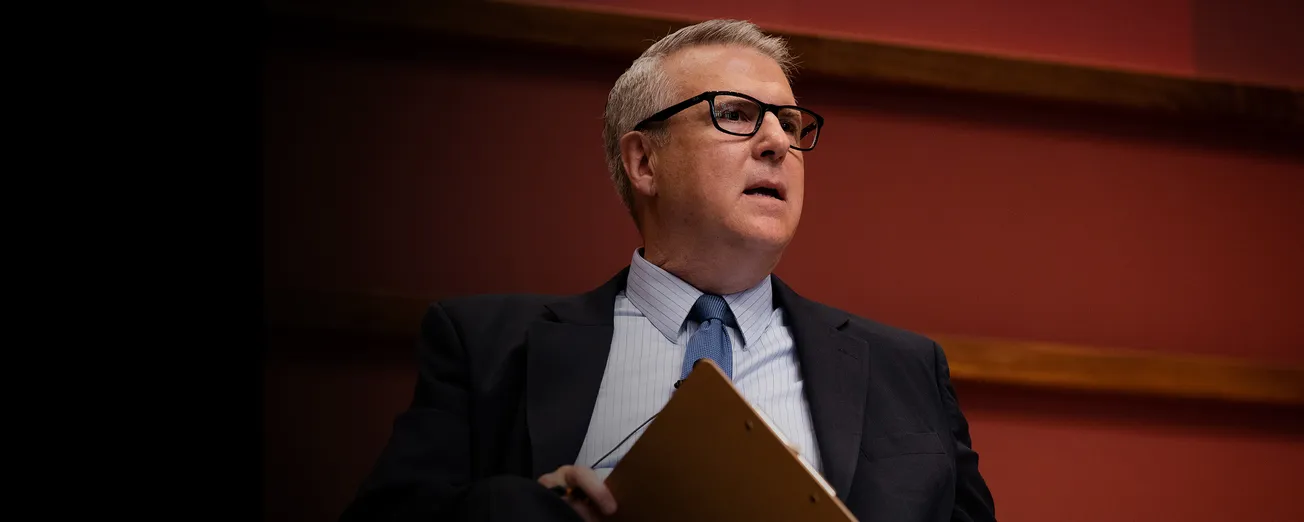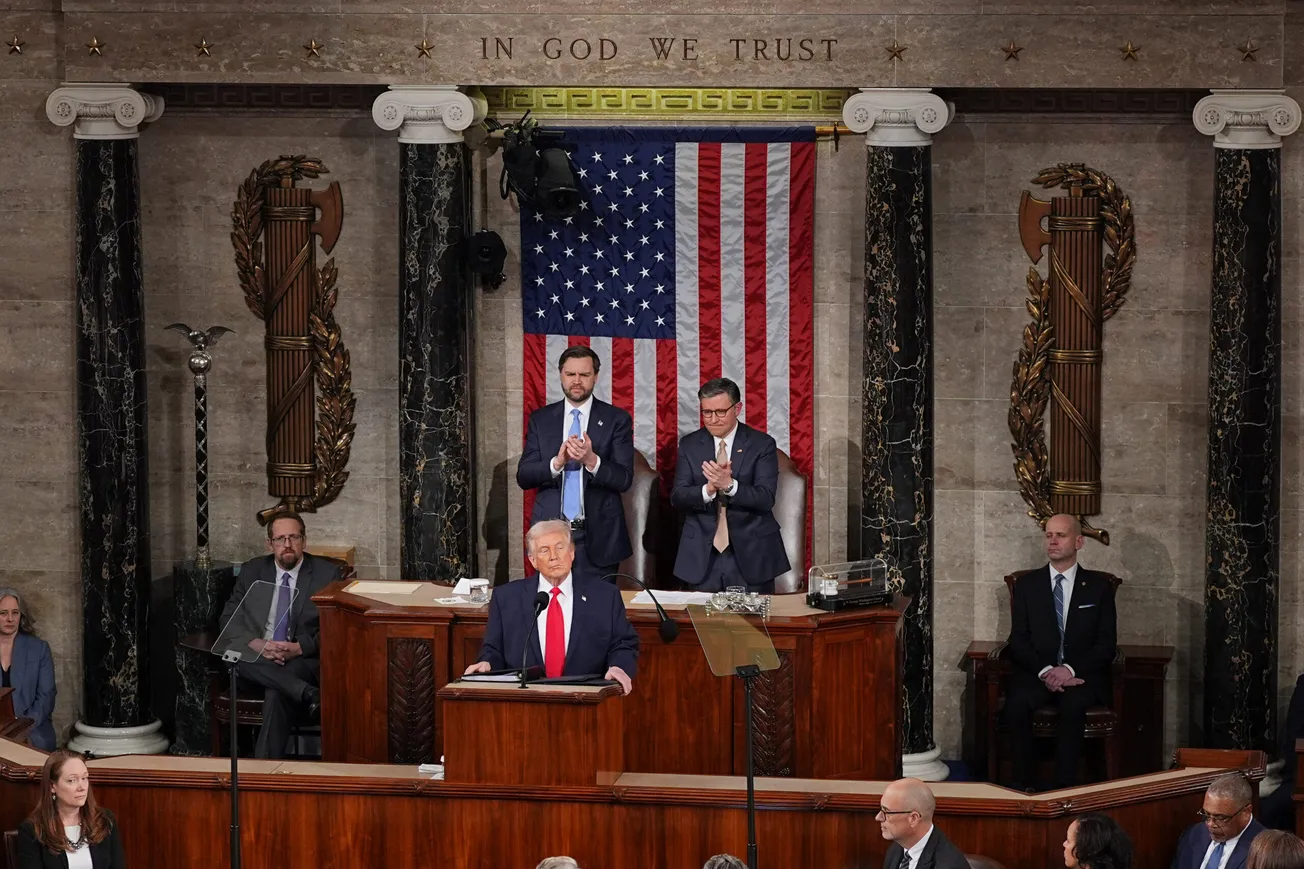Table of Contents
On August 18th, the Trump administration revoked 6000 student visas. 8 days later, in a stunning reversal, Trump granted 600,000 visas to Chinese students. Less than two weeks ago, Trump severely restricted the granting of H1-B visas. Yesterday, Trump demanded (among other things) that select top universities (excluding Stanford, for now) cap international students at 15% in order to receive certain federal funds. The debate over these issues should be more than simply a discussion of labor economics; it should be about mitigating the fundamental risk to the soul and safety of the country posed by too many international students.
As Republicans ran and won on illegal immigration in 2024, the newly formed right-wing coalition turned inward on questions of immigration policy, including H1-B and student visas. Universities like Stanford were stunned that conservative factions had dared challenge one of their sacred cows — international students. It has long been a given that the country’s most elite universities yield a considerable fraction of all spots to non-Americans. Last year, one in four Stanford students were international. At near-peer institutions, international students are even more ubiquitous: 28% of students at Harvard; two-fifths at Columbia. It should not come as a surprise, then, that Trump’s attempted ban on Harvard’s international students caused a nationwide meltdown in higher education from conservatives and liberals alike.
Trump’s only mistake, however, was giving up too early and sparing Harvard’s peers. America’s soul is in danger, and the university holds the keys to its future.
The university is more than a factory that takes in the best and brightest and produces useful cogs in the corporate machine. Safeguarding two millennia of Western civilization, it holds within its fabric the ethos that makes America the beacon of the world. As Europe falls, we are the last standing defender of the Western world, a culture that began in Ancient Greece and Rome, was transfigured by the Judeo-Christian faith, established a Christian kingdom over one continent, and then cast off from its own shores to every other. This culture is our inheritance, and at the forefront of the many institutions that protect this treasure is the university.
Practically, this means that the university is responsible for fostering Western values: patriotism, ingenuity, and the freedom of every human to pursue their natural and supernatural end. The decisions our leaders make in Silicon Valley, Wall Street, and Washington tomorrow will be determined by how they are formed in the university today. A Western-focused education can push our society to new heights, while the opposite can produce a disaster of equal magnitude.
The uncomfortable truth is that international students largely do not share in this tradition. India and China, for example, and their ruthless systems of “meritocracy” are not models of academic excellence but rejections of what makes America the world’s most successful country. Entrenched in the Christian Western ethos is both a respect for individual freedom and a vision for the common good. India’s and China’s educational and elite cultures have neither. Their cutthroat cultures stamp out individuality and eliminate creative thought and empathy. America respects meritocracy, but uses it as one mechanism to create more opportunity for everyone, rather than concoct an artificial zero-sum game. The near-30% difference in rates of charitable giving between China and the US is just one tangible example of the gap. India and China are just two examples, but also the most consequential, as 54% of internationals hail from these two countries.
Pumping in thousands of students divorced from the Western tradition dilutes and damages the ethos that ought to be at the university’s heart. Today at Stanford, Mandarin is used as a primary language in some CS and Robotics labs, and one can go an entire day in some dorm houses without hearing a word of English. The inner rot of Stanford’s lack of patriotism makes a public appearance in the stunning lack of American flags on campus. Consistently, international students are less civically engaged and are far more connected with their own cultural groups.
Clearly, international students are lacking in patriotism as China’s long-standing espionage efforts across the country infiltrate college campuses in the US and UK. Just last spring, the Review broke a massive story on a Chinese espionage effort unfolding on our very campus. While the H1-B visa question was settled recently (for now), the international student dilemma remains wide open and far more important. The universities create the future of America. China has cleverly focused its efforts on the heart of American innovation and progress, and clearly occupies the largest portion of international students.
There is never an ideal time to weaken the cultural fabric, but now is particularly bad. After decades of the Left running roughshod over the university, the tide has finally turned. This year, in stark contrast to previous years, New Student Orientation refrained from most of its anti-Western indoctrination. We stand at a refreshing but fragile beginning of Stanford’s opportunity to lead the much-needed collegiate cultural renaissance. In this pivotal turning point, waves of international students, apathetic or hostile to this mission, are especially detrimental.
It may be true that anti-Americanism is a domestic problem as well. But as Stanford indicates, the university is healing. The worst action we can take now is to dilute the potent force driving this good under the incoherent calls for diversity.
From Trudeau to Obama to Biden, the Marxist-influenced line, “diversity is our strength,” has too long poisoned the American ethos. America is strong not because we hold diverse fundamental beliefs, but because we unite behind the standard of our common tradition, the fruits of which include individual liberty, the rule of law, and market economies.
In May, President Jon Levin defended international students, saying: “The United States has for decades attracted the best and brightest students from around the world. Many stay in this country and contribute immeasurably. Others return home with a deeper understanding of American values. It’s self-defeating to send away young people with so much potential to contribute to the country.”
He’s exactly right. Contributing to America and living its values are essential. Even the standards of reasonable defenders of the status quo support restricting international students. A limited and targeted system would allow President Levin’s vision to embrace such international minds as Einstein and Musk, and preserve the American university.
While the White House has flipped back and forth on this issue, the answer going forward is clear: American identity matters. Fortunately, Trump, the titan defender of Western Civilization, understands that as well.





